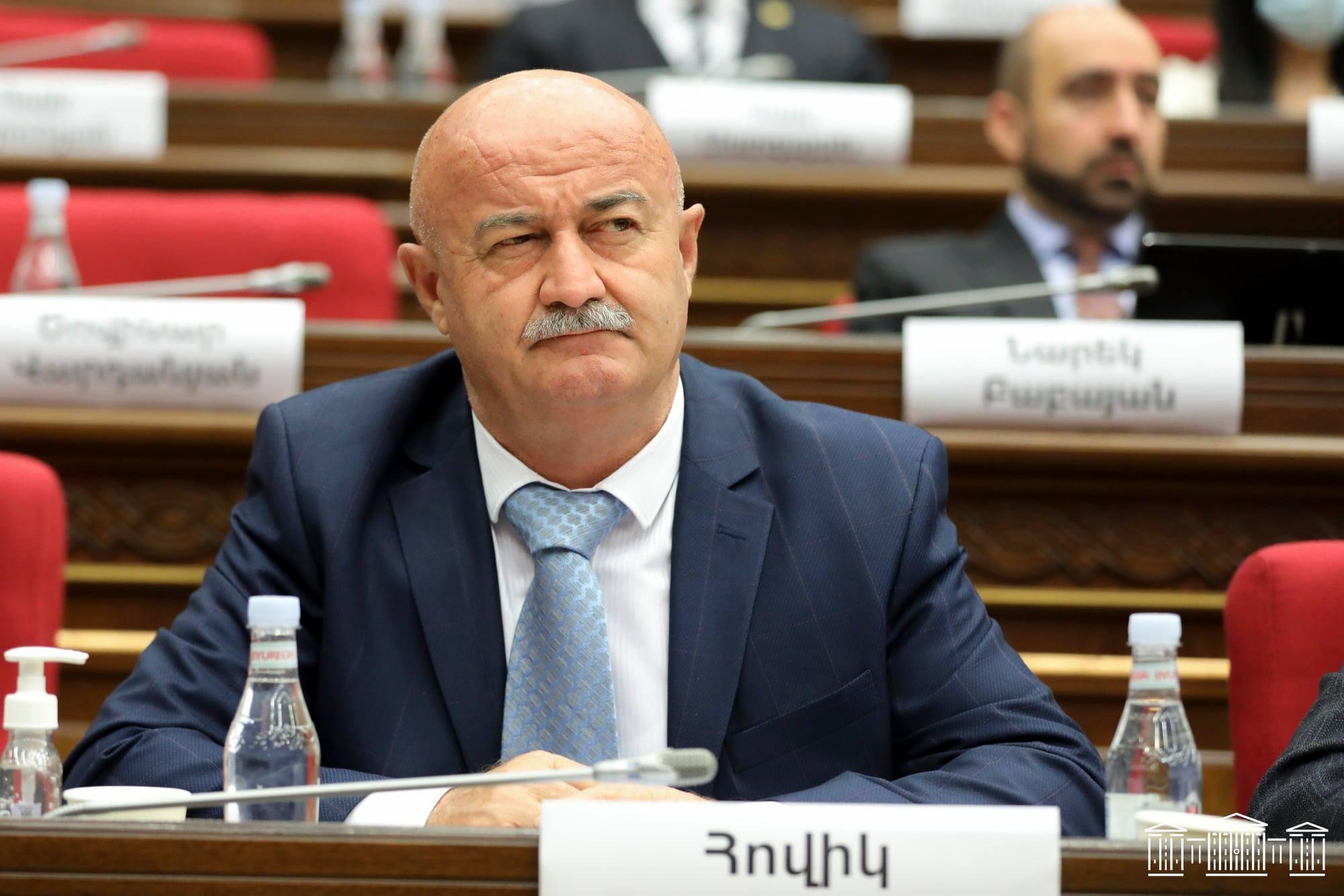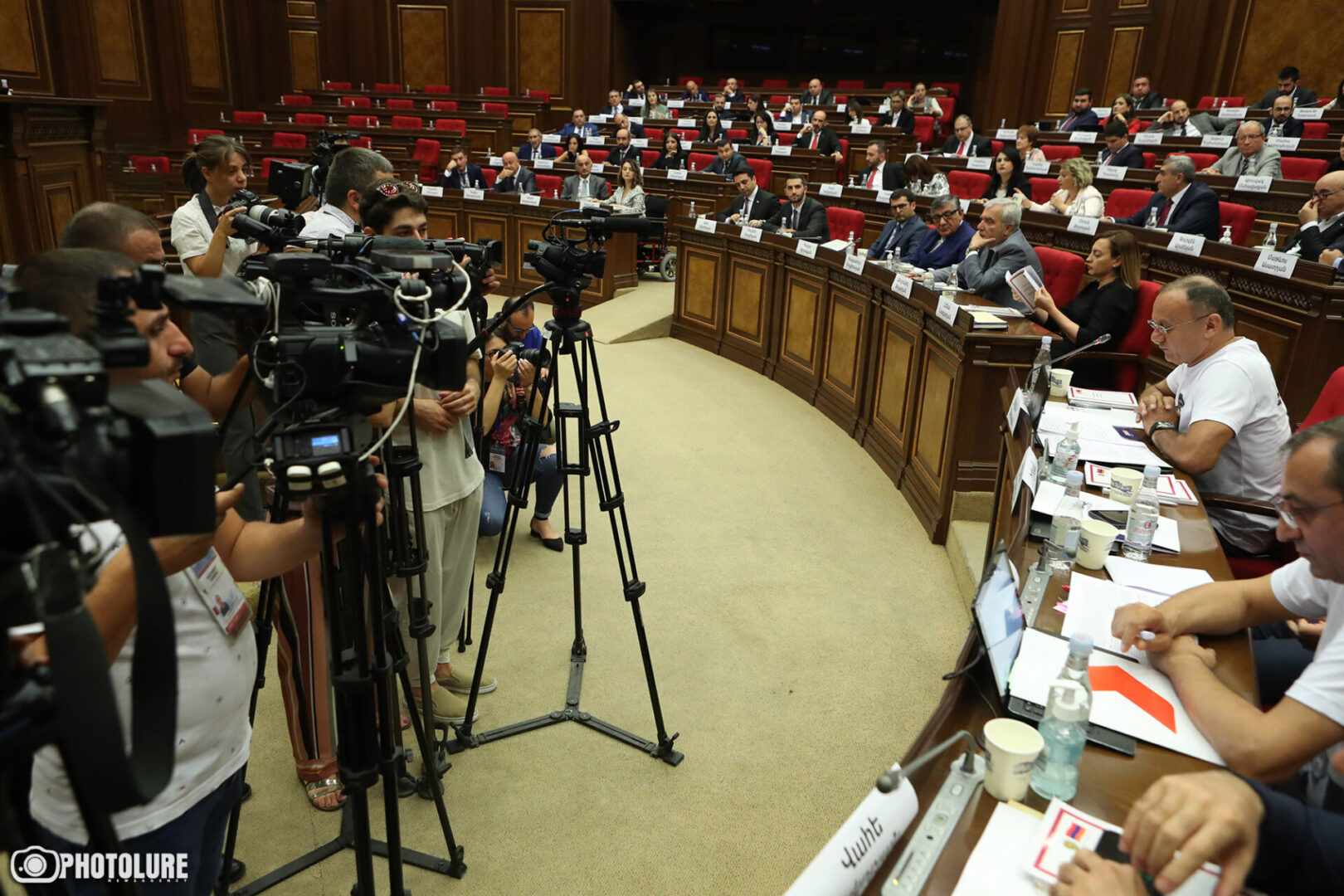Did Gyumri residents 'reject' Pashinyan? Municipal elections in Armenia’s second-largest city
2025 municipal elections in Gyumri
On 30 March, snap municipal elections were held in Gyumri, Armenia’s second-largest city. According to the Central Electoral Commission, the ruling Civil Contract party received the most votes — 36.8%. However, to have its candidate elected as mayor, the party needed over 50%.
Prime Minister Nikol Pashinyan commented on Facebook: “A citizen of the Republic of Armenia has the right to make a free choice. That choice is law to us.” He congratulated all political forces that won enough votes to enter the municipal council.
Still, the election results have sparked widespread discussion across the country. Many called the ruling party’s result “symbolic failure,” with social media users declaring: “Gyumri rejected Pashinyan.”
The symbolism lies in the city’s role in Armenia’s recent political history. Seven years ago, on 31 March, then-opposition leader Nikol Pashinyan and his supporters began a protest march from Gyumri to Yerevan in opposition to former President Serzh Sargsyan’s bid for prime minister.
That movement, under the slogan “Take a step, reject Serzh,” became the Velvet Revolution — and brought Pashinyan to power.
Analysts are now urging a deeper look into why Civil Contract failed to gain enough support in Gyumri. Many point to the government’s stalled reforms, while others suggest the results could prompt Pashinyan to carry out a political “purge” within his party. Some also highlight the presence of a Russian military base in Gyumri and the influence of Russian narratives on the city’s residents.
Snap municipal elections were also held on 30 March in the town of Parakar, Armavir Province. According to preliminary results, Civil Contract received 3,669 votes, while the opposition Unity bloc came out on top with 6,508. Other political forces received significantly fewer votes. The outcome in Parakar, however, sparked no major public reaction.
- ‘Hatred of Armenians is the glue of Aliyev regime’: Yerevan reacts to Aliyev’s speech
- ‘I’ll crush you’: Pashinyan on debates with former Armenian presidents
- ‘Moscow won’t be able to settle comfortably between Yerevan and Baku’: Pashinyan–Rubio conversation
Preliminary election results
At the time of publication, Armenia’s Central Electoral Commission had processed results from 81 out of 82 polling stations in Gyumri. According to the Ministry of Internal Affairs, 111,236 citizens were eligible to vote in the city. The ruling Civil Contract party led the vote, with 16,938 ballots cast in its favour.
Five political forces passed the electoral threshold: the Civil Contract party, the Communist Party of Armenia, the “Our City” bloc, the “My Mighty Community” party, and the “Mother Armenia” bloc.
In proportional municipal elections, the threshold for parties is 4%, and for electoral blocs, it is 6%.
“We won’t squander votes entrusted to us”: ruling party’s mayoral candidate
Sarik Minasyan, the Civil Contract party’s candidate for mayor of Gyumri, thanked the city’s residents for their support. He emphasised that, for the ruling team, people are the highest priority:
“There is no place in our principles for threats, coercion, deceit, cynicism or lies. We feel a deep sense of responsibility for the trust you’ve shown. We received twice as many votes as the second-highest party to cross the threshold. We will not squander the votes entrusted to us — they will serve Gyumri and all its citizens. We will continue all our development and improvement programmes for the city.”
Is coalition likely?
According to the results of the Council of Elders election, four of the five political forces that passed the threshold are in opposition. During the campaign, their leaders made it clear they had no intention of forming a coalition with the ruling Civil Contract party.
However, it remains unclear whether all four opposition forces will unite — and whether Gyumri will end up with an opposition mayor. So far, only two of the four parties have expressed openness to forming a coalition.
Expert commentary
Political analyst Ruben Mehrabyan writes:
“It’s easy to blame the people of Gyumri for voting for the ‘wrong’ candidates. […]
In politics, the people are always right — it’s you/we who are wrong. We didn’t do enough. We failed to explain properly, to set an example, to be persuasive. Maybe there are other reasons too.
The votes cast for Natasha [a reference to pro-Russian opposition forces], the scoundrels, the doormats lying at the doorstep of the Russian base — are the result of:
- failed reforms,
- widespread crime and 20 years of criminal dictatorship,
- the legalisation of collaborationist parties acting as political façades in the electoral and political process,
- zero legislative or legal action to neutralise Russia’s fifth column,
- the absence of a strategic communications sphere,
- turning the country into a hostage of reckless decisions,
- and calling these reckless decisions ‘balanced.’
Enjoy, dear reformers. Bon appétit.”
Political commentator Hakob Badalyan observes:
“With the current political configuration, the Civil Contract party cannot form the city government in Gyumri or install its own mayor. The other forces have stated unequivocally that they will not enter into a coalition with the ruling party. Naturally, the question now is whether they can form a coalition among themselves to nominate their own candidate. The political intrigue in Gyumri may just be beginning — both locally and in terms of its broader national implications.
In any case, the fact that Nikol Pashinyan did not attend his party candidate’s final rally was a clear sign that expectations of success were virtually zero.
Pashinyan attempted to distance himself from the failure. It appears that the outcome in Gyumri may serve as both a pretext and an opportunity for him to initiate internal ‘purges’ within the party.
He had already started working in that direction — forming a new team in advance of the 2026 parliamentary elections. But for him, this process is complex and multilayered. Every political system eventually generates internal resistance to such moves — and overcoming that takes more than just authoritarian power. In that sense, Gyumri is likely to become a trigger.”
Political analyst Robert Ghevondyan offered the following forecast:
“So what should we expect in the end? There are three possible scenarios.
The most likely is that the ruling party’s candidate will succeed in preventing the opposition from uniting — as happened in Yerevan — and will be elected mayor, regardless of whose votes he ends up securing.
The second possibility is that the opposition does manage to unite, and Vardan Ghukasyan — former mayor of Gyumri and current leader of the Communist Party — is elected.
And there’s a third option: Martun Grigoryan, leader of the ‘Our City’ bloc, refuses to align with anyone and his team withholds their votes. In that case, no mayor would be elected and new elections would be called.
Interesting developments lie ahead — this is just the beginning.”




















